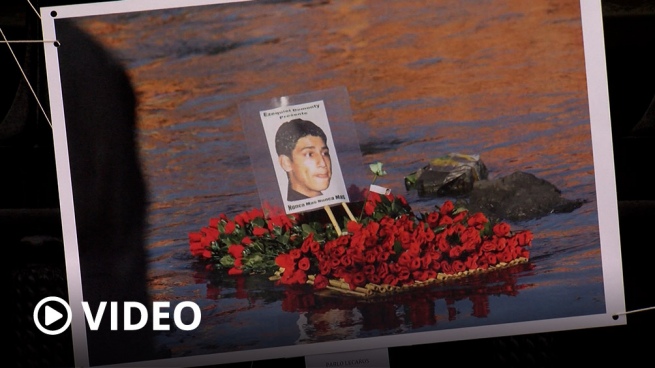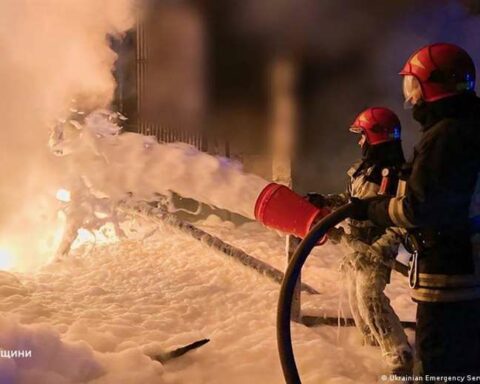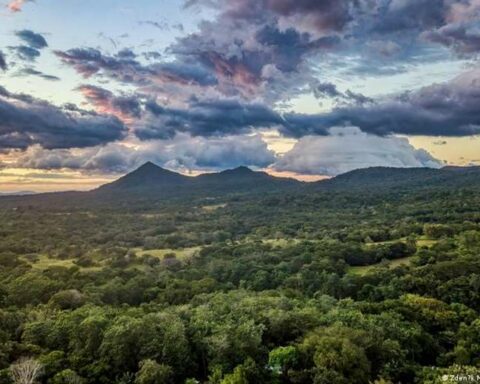President Luis Arce has announced that he will not attend the Summit of the Americas to be held in June in Los Angeles, United States, rejecting the exclusion of Cuba, Nicaragua and Venezuela, which the host will not invite because those three countries they do not respect the Democratic Charter of the Americas. The Bolivian president made his position known on Twitter, in line with a similar decision announced by the president of Mexico, Andrés Manuel López Obrador, who said that if these three countries are not invited, he will not attend and instead will send to the meeting to his Minister of Foreign Relations, Marcelo Ebrard.
While the United States has not yet extended official invitations for the June 6-10 Summit, that decision is unlikely to change. The head of Washington diplomacy, Brian Nichols, recalled that respect for democracy is a condition for being part of the event. If this possibility is confirmed, it will be necessary to understand that it would not be an individual whim of the United States Government, but compliance with the Inter-American Democratic Charter signed by all the democratic nations grouped in the Organization of American States (OAS). On the subject The head of the MAS, Evo Morales, has also spoken out, in favor of Bolivia withdrawing from the OAS “ratifying our anti-imperialist position, the sovereignty and independence of the State, but also the identity, dignity and freedom of the Bolivian people,” in his own words.
Morales considers that precisely Cuba, Venezuela and Nicaragua have “the most advanced democracies in Latin America.”
This very personal way of understanding democracy is not shared, naturally, by all the nations of the hemisphere, which conceive of democracy under other universal parameters, such as the periodic election of governments, alternation, the validity of a system of law, the independence of the powers of the State and the full observance of human rights.
It would be difficult for a country like Cuba, for example, to apply these concepts because it has had a dictatorship since 1959 and elections have not been held in more than six decades, without going into other details that leave the island in a bad position in terms of compliance with conditions. of a democracy. Morales’ animosity towards the OAS has an underlying reason and it is the audit that he himself requested as president of the international organization and that in November 2019 determined that in the elections of that year there was a fraud that altered the election data. , which led to the facts known to all, which included his resignation and flight from the country.
Since then, Morales has not ceased his attacks on the OAS, whose presence in all countries is in any case a guarantee to defend the validity of democracies in the nations, at least in origin, as the diplomat Jaime Aparicio stated in statements to THE RADIO DUTY, that is, governments that arise from free elections where it is the citizens who, with their vote, decide who should govern.
The fact is that the Summit of the Americas is the highest meeting of the countries of the continent and the possible non-presence of the Bolivian president at the meeting in Los Angeles will harm neither the OAS nor the United States, but rather Bolivia’s own interests, which they may be affected in several fields, such as technical, legal and even financial cooperation.
Aparicio recalls that, for example, the Inter-American Development Bank (IDB), which supports Bolivia with many resources, is an organization created within the framework of the OAS and moving away from the Organization would also mean ceasing to be a beneficiary of the IDB.








